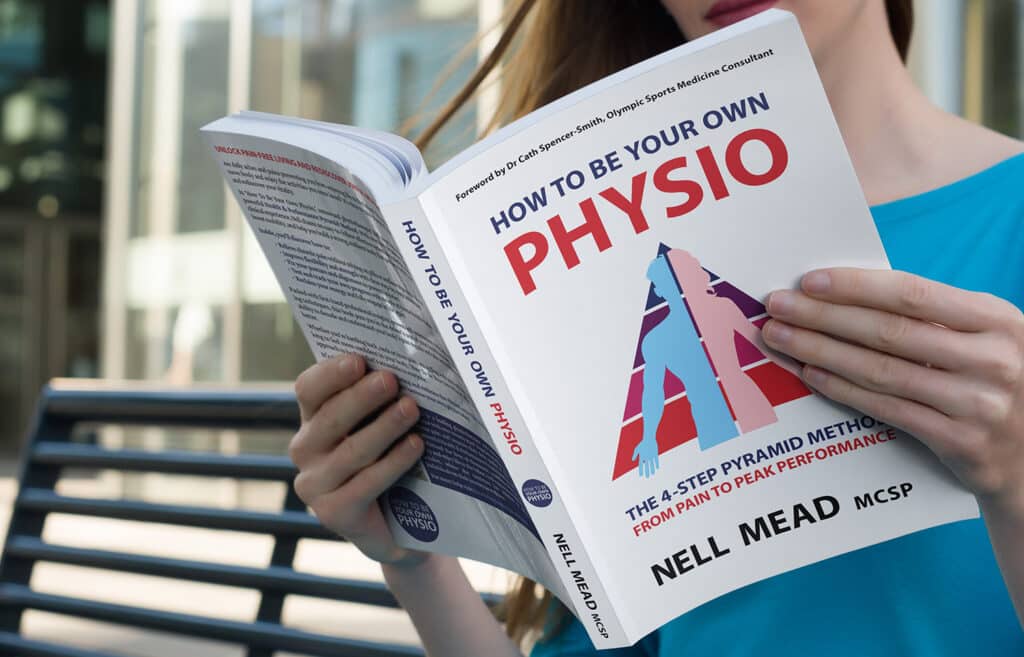Whether you feel a pounding in the temples, a dull throb at the back of your head or a shooting pain with noise and bright light; a headache can be a disabling and painful occurrence, especially if it strikes often. Headaches are very common, affecting approximately 25% of women and around 8% of men(the difference is thought to be due to hormonal fluctuations). They can dramatically affect your home and work life, and force you to miss out on pleasurable social events.
However, many people don’t realise that a large proportion of headaches are generated by the neck, upper back and associated muscles. The most common problem areas are the C2/3 facet joints and sub-occipital muscles, which have been shown to refer pain to the base of the skull and around the forehead into the eyes and temples.
When we are stressed, when we maintain poor postures for long periods, or when we train really hard, the joints and muscles in our upper body tighten and develop increased tension. This in turn leads to poor or restricted movement patterns in the upper back and neck region, irritating the nerves — which in turn send pain signals to our brains to let us know there’s a problem.
The ideal posture is for your head to be stacked vertically on your neck; but people who are stressed or headachy — or working hard — tend to tilt their heads forward. Studies on posture have shown that every degree of forward tilt increases the load placed through your upper neck by roughly 10% — and it’s not uncommon for people who are suffering from headaches to have up to 10 degrees of forward head tilt.
Given that the average human head weighs around a stone, this equates to an extra stone of force being placed on the muscles and joints of the upper neck — as if you’re carrying two heads!
What can you about it?
If you suffer headaches try these few simple steps to help ease your pain:
- If you work at a computer for long periods, remember to move and stretch every 30–40 mins. Key areas to stretch are your neck, shoulders and upper back — our new online programme, Exercises for Desk Workers, is designed to hit the exact problem spots that frequently cause headaches.
- Get a workstation assessment — your employers are legally bound to make sure your workstation allows you to adopt decent posture.
- Drink water regularly — another common cause of dehydration, and when you’re engrossed in work, it’s easy to forget to drink enough.
- Put a reminder on the corner of your monitor (a simple sticker is the 2017 equivalent of a knotted handkerchief!) and whenever you notice it, make sure you are sitting fully back in your chair, making sure your pelvis, shoulders and head all touch the chair back.
- Ensure your workouts involve a balance of chest and back work to encourage a good balanced posture instead of a forward dominated posture with rounded shoulders.
If all else fails —come in and see us for a physiotherapy assessment, as there may be an underlying issue that you’re not aware of. Just call us on 0207 175 0150 — we’ll be happy to help.







